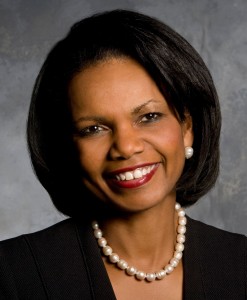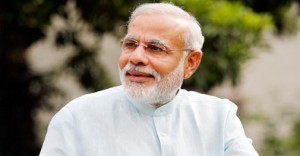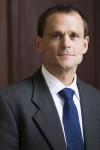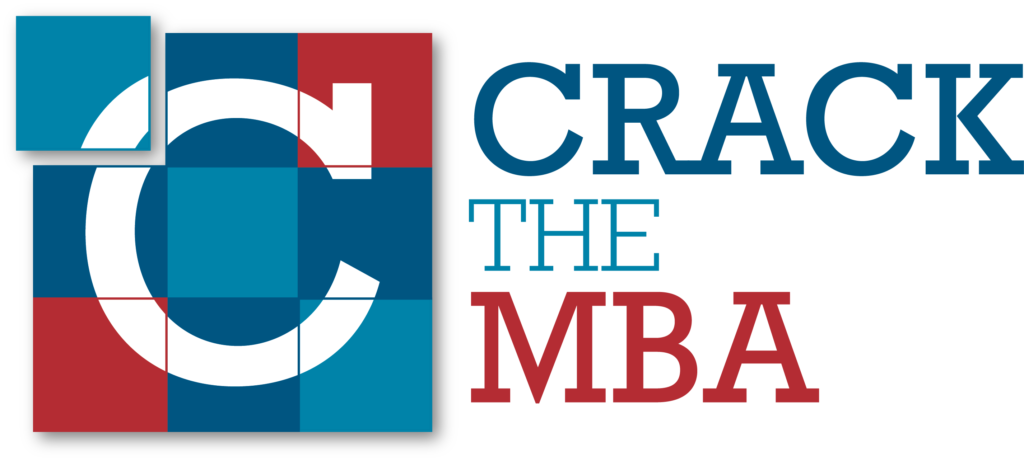Are Universities Becoming Bastions of Intolerance?
In his speech delivered on May 28 2014 at Harvard University’s Commencement Ceremony, Michael Bloomberg chose to speak on an issue affecting American Higher Education. (Read text here)
Citing Federal Election Commission data from 2012, Bloomberg said, “96 percent of all campaign contributions from Ivy League faculty and employees went to Barack Obama.” Increasingly professors have been involved in leading protests to curb speakers from speaking at commencement ceremonies and other events, often due to a difference in ideology. It should be noted that the issue here is not following a specific political ideology, but in perpetuating groupthink without discussion and debate. Bloomberg pointed out that in the 1950s it was the right wing trying to suppress left wing ideas whereas today it is the other way around. Bloomberg wondered if students were being exposed to the diversity of views that a great university should offer.
At Columbia Business School’s commencement last week, Dean Glenn Hubbard echoed Bloomberg’s views when he opined that students should have an opportunity to hear “great voices all over the spectrum at their commencement and through their education experience.”
Growing Trend: Universities Becoming Bastions of Intolerance
There has been a growing trend at American Universities where speakers have been disinvited or forced to withdraw their invitations after protests, often led by professors.
In 2013, there were four such instances at Swarthmore College, Johns Hopkins University, Providence College and University of Pennsylvania. In 2014, there have already been five occurrences of protests with Brandeis, Haverford, Rutgers, Smith and Harvard affected.
Certain speakers draw polarized reactions from the communities at these institutions. While undeniably there are people excited to listen to what the speakers have to say, protests might lead to the speakers withdrawing their names or being disinvited by the universities.

Condoleezza Rice
Former Secretary of State
At Rutgers, Condoleezza Rice, former Secretary of State, was forced to withdraw from speaking at commencement in the face of protests against her role in Bush administration’s foreign policy.
At Smith, the invitee who was forced to withdraw was none other than the IMF chief, Christine Lagarde. The charge against her institution is nepotism favoring western nations and businesses under the garb of providing economic aid to poor nations. Lagarde’s withdrawal led Kathleen McCartney, President of Smith, to state that she and others had been looking forward to listening to Lagarde’s speech. She also pondered in an announcement that the protestors got what they wanted but at what cost to Smith?
As the focus of our platform is on MBA, we will look at the incident at University of Pennsylvania in some detail. The Wharton School holds an annual student-run conference, Wharton India Economic Forum, focused on growth and development in India. Last year, in the conference’s seventeenth year, the ninety-member organizing committee chose to invite Mr. Narendra Modi – India’s current Prime Minister, then the Chief Minister of the State of Gujarat – due to his track record of economic development in the state.

Mr. Narendra Modi
Prime Minister of India
Sources from the organizing committee gave an exclusive interview to Crack The MBA on the condition of anonymity. Even though the organizing committee unanimously upheld its invitation to Mr. Narendra Modi, petitioning by professors at other schools at University of Pennsylvania and political propaganda (with elections in India a year away) led to the administration opposing the invitation to Mr. Modi. As Mr. Modi’s office declined an offer to withdraw, and the school’s administration refused to allow him to speak, the situation reached an impasse and the organizers had to disinvite the speaker.
Let’s Agree to Disagree

James E. Ryan
In 2007, Columbia University’s President Lee Bollinger had invited Mahmoud Ahmadinejad – Iran’s former President. In the face of protest, President Bollinger upheld the invitation. President Bollinger introduced Ahmadinejad as someone who “exhibit(ed) all the signs of a petty and cruel dictator”. Ahmadinejad spoke for an hour, facing difficult questions from Bollinger himself.
At Harvard University, James Ryan – the Dean of Graduate School of Education – faced similar pressure last month owing to the choice of convocation speaker – Colorado State Senator Mike Johnston. Dean Ryan, supported by President Drew Faust, resisted opposition to the choice of speaker by professors and students alike. In an open letter to the community, Ryan stood by the invitation and asserted, “differences should be explored, debated, challenged and questioned. But they should also be respected, and indeed, celebrated.”
Forces at Work
These incidents, growing in number, pose a few questions regarding the issues at play at colleges and universities. Are there political pressures? Pressure from Alumni? Key Benefactors? Or a case of intolerance to other viewpoints?
Censorship is not a new phenomenon. Internet censorship is commonly employed as a tool in some countries as a means to restrict access to opposing views. It is worth considering where these controls may eventually lead.
Should universities allow such forums to exist and encourage open debate within their communities or should they succumb in the face of opposition?

Frodo, Sam & Gollum
In Lord of the Rings, Frodo Baggins experiences turmoil as he possesses the coveted ring. Imagine a scenario where, in the face of conflict, Samwise Gamgee, his faithful companion, were to insist on the ring’s return to Gollum. Would that make for a worthy story?
Should universities go for the convenient in the face of protest or should they use protest as an opportunity to teach students about standing tall in the face of adversity?
Robert Frost said, “Education is the ability to listen to almost anything without losing your temper or self-confidence.”
This publication sides with Frost, Bloomberg, Dean Hubbard, President McCartney, President Bollinger, Dean Ryan and President Faust. It is incumbent upon universities to uphold the tenets of American democracy by allowing speakers across the spectrum to speak. Anything else would be regressive and unworthy of the rich history of these institutions as thought leaders.
(Leave your thoughts in the comments section below. We would love to hear from you.)
